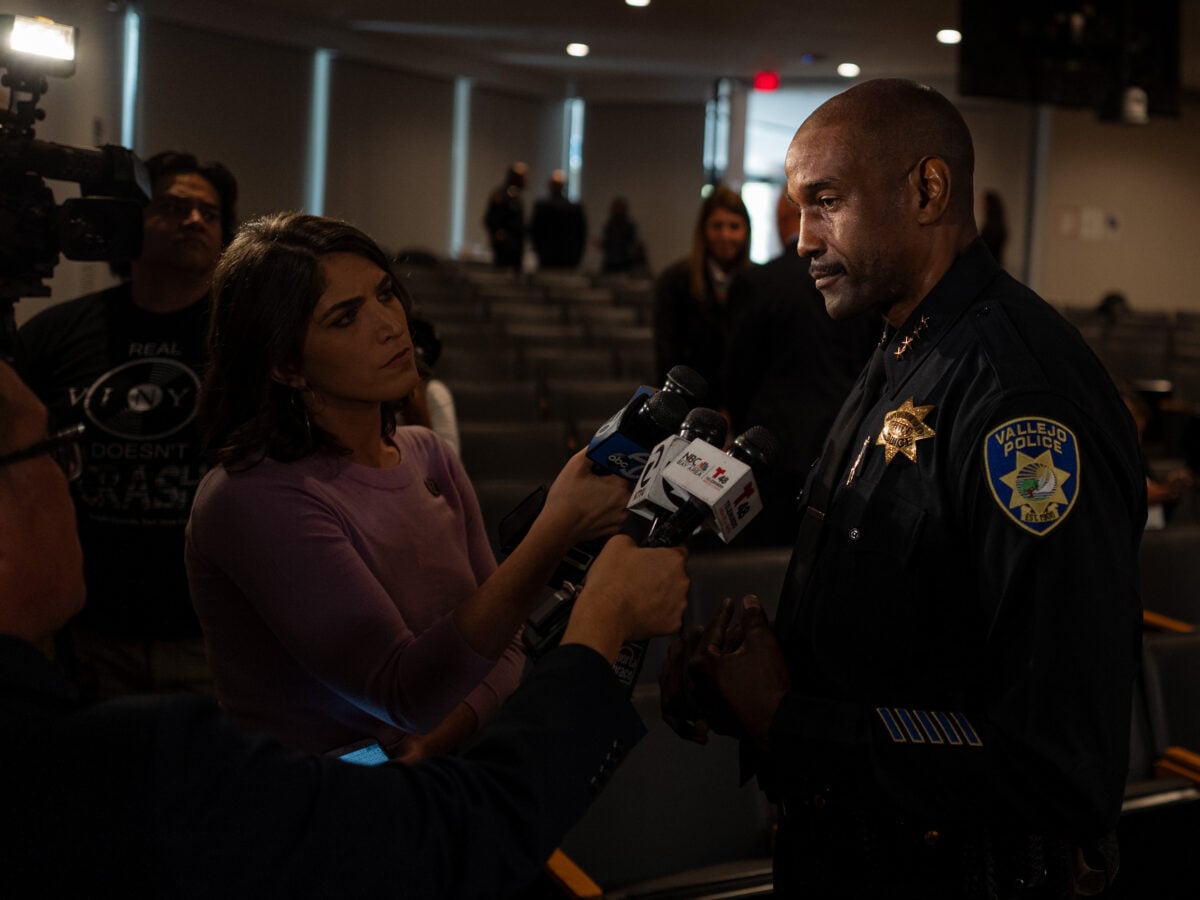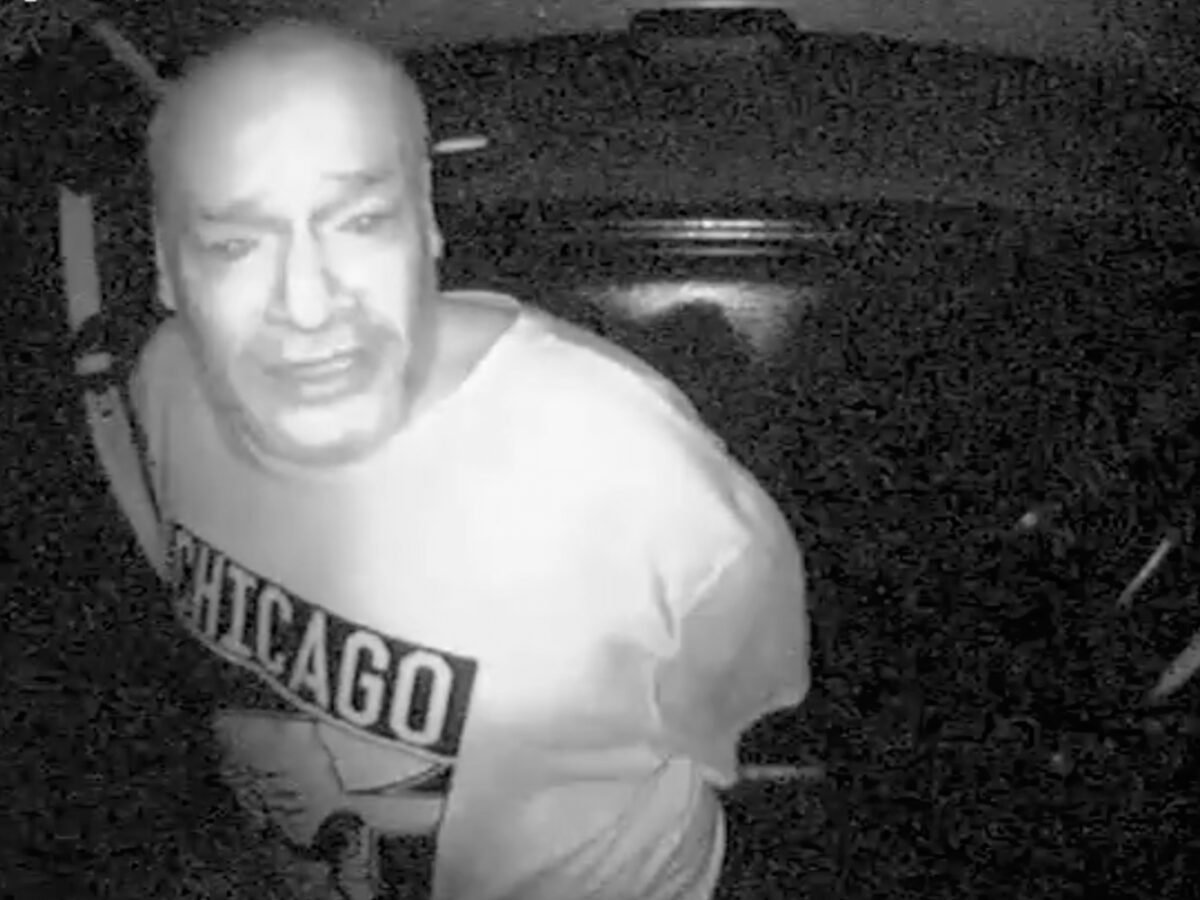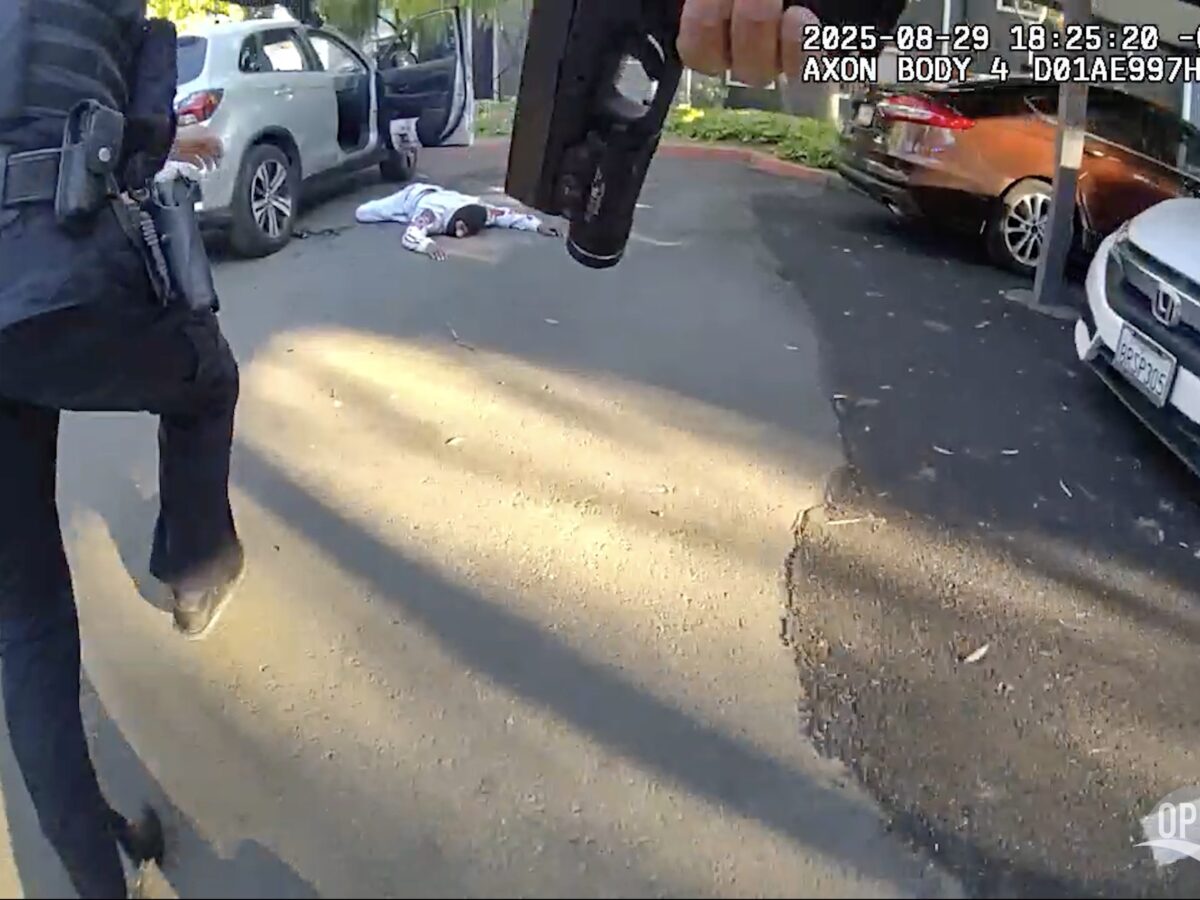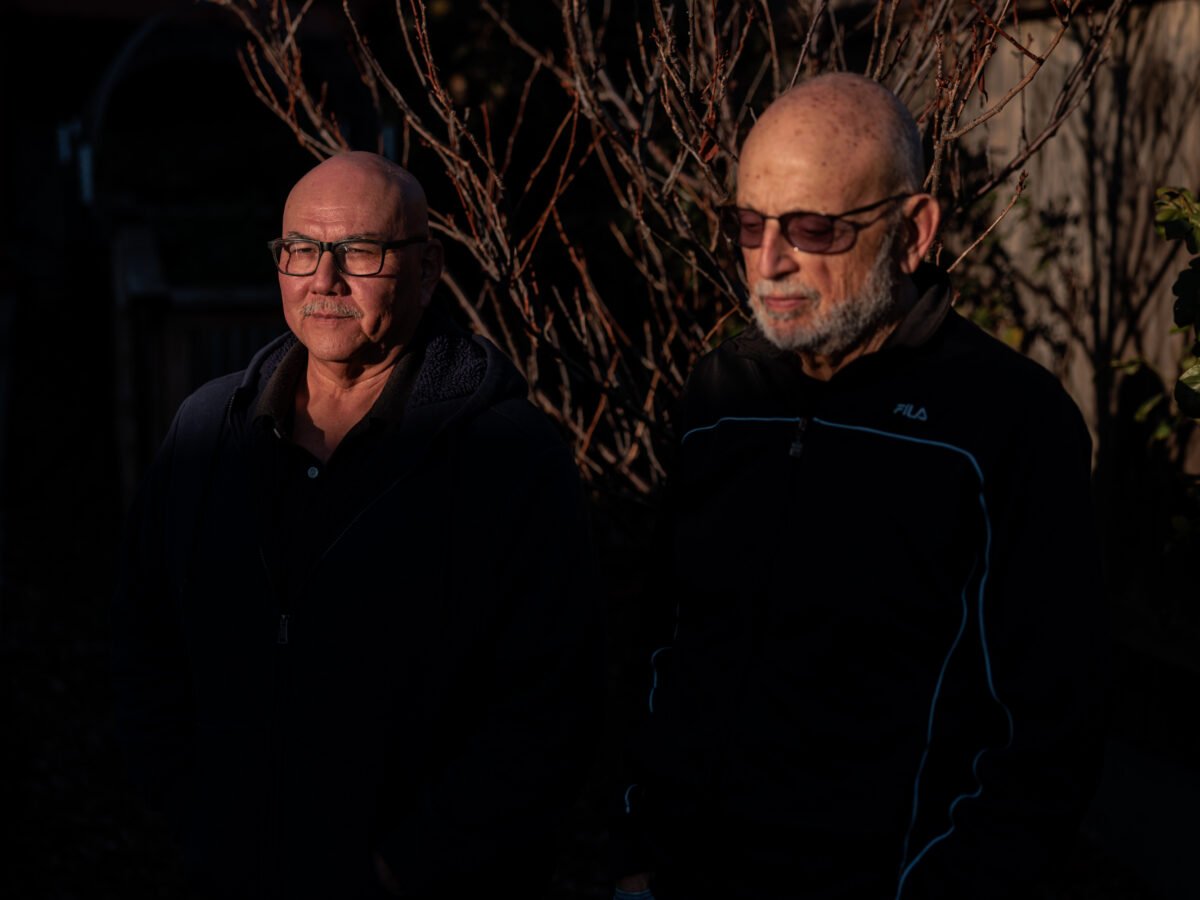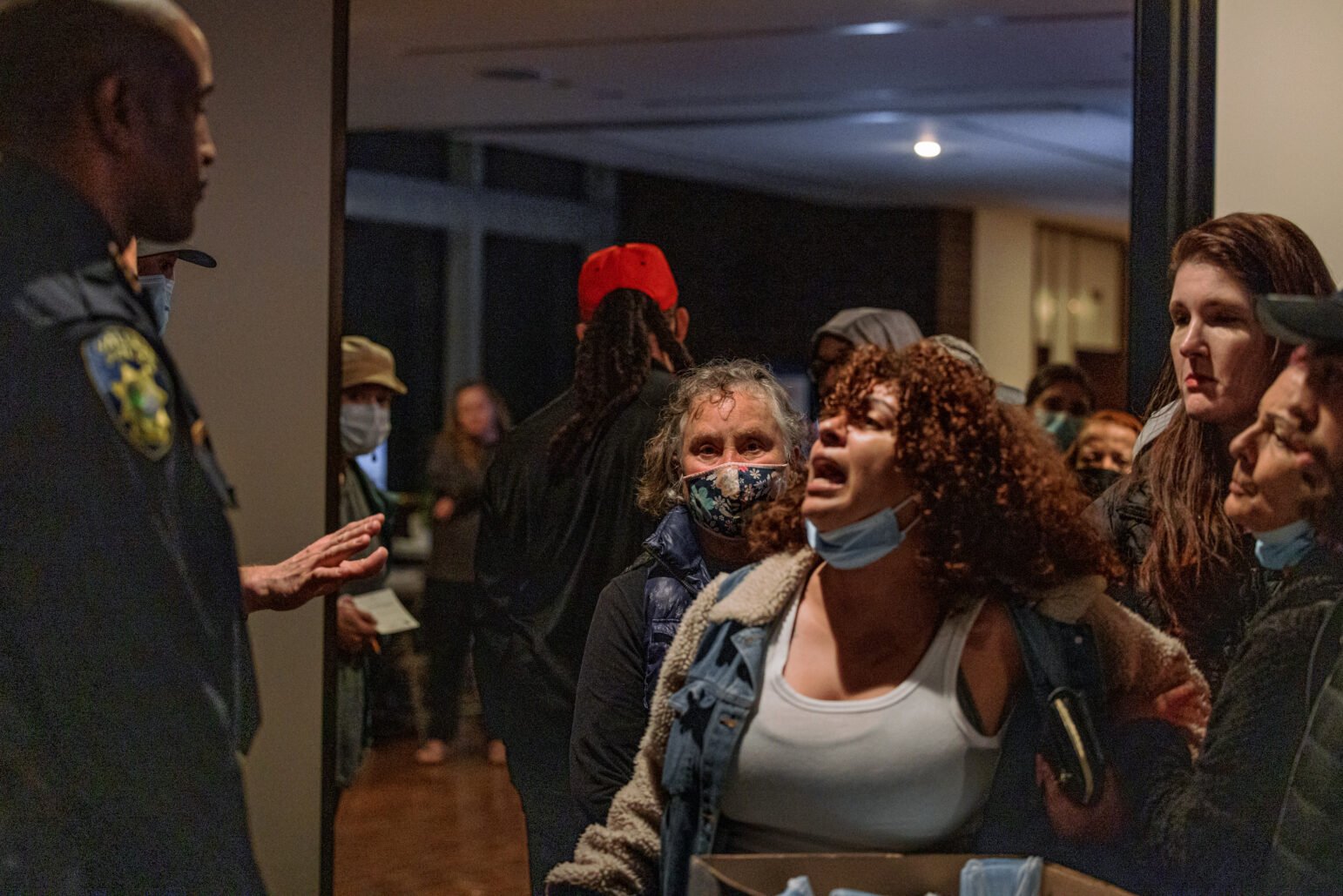
A third-party investigation into a macabre Vallejo police tradition must be released to the public, a California appellate court ruled Friday.
Open Vallejo revealed the tradition in 2020, exposing how a clique of officers in the department would bend down the tabs of their star-shaped badges each time they killed a civilian.
A unanimous panel of California’s First District Court of Appeal held that the investigation into badge bending is disclosable under a 2019 California law, Senate Bill 1421, which makes records “relating to” police shootings public. Unless appealed to the state supreme court, the ruling means the city of Vallejo will be forced to disclose the investigator’s findings, as well as officer interviews, photographs, and other investigative materials.
The ruling reverses a decision by Solano County Superior Court Judge Stephen Gizzi, who in October ordered only a small portion of the report to be released, deeming the vast majority of materials requested by the ACLU to be confidential personnel records.
“The Court of Appeal rightly determined that the public’s right to know all about officer-involved shootings necessarily entails disclosure of records related to the Vallejo Police Department’s investigation into its badge-bending scandal,” Avram Frey, Deputy Director of the ACLU of Northern California’s criminal justice program, wrote in a statement Monday. “We look forward to the disclosure of a report that is as transparent as possible so the community can finally begin to heal from this shameful and traumatic history.”
In 2022, the ACLU filed a public records request to the city of Vallejo for all records relating to badge bending. After the city denied the request, the ACLU sued. Open Vallejo is suing the Solano County District Attorney’s office for the badge bending investigation in a separate case before Judge Gizzi.
In a closed hearing last October, Gizzi ordered the city to release just 19 pages of the badge bending report and supporting documentation, as well as 238 pages of correspondence “primarily consisting of e-mails pertaining to gathering records and information.” Both the city of Vallejo and the ACLU sought appellate review.
Open Vallejo filed two friend-of-the-court briefs, known as amicus briefs, in support of the ACLU’s appeal. The first provided additional context regarding this newsroom’s coverage of Vallejo police shootings, while the second focused on Senate Bill 1421’s legislative history and intent.
“We are glad to see the Court of Appeal’s careful consideration of our amicus brief and discussion of Open Vallejo’s reporting in its important decision,” said Rani Gupta, a partner with Covington & Burling LLP, whose firm represents Open Vallejo pro bono. “This opinion paves the way for the release of similar records in other cases, including in Open Vallejo’s ongoing case.”
Spokespeople for the city of Vallejo and the Vallejo Police Department declined to comment for this article.
The Giordano Report
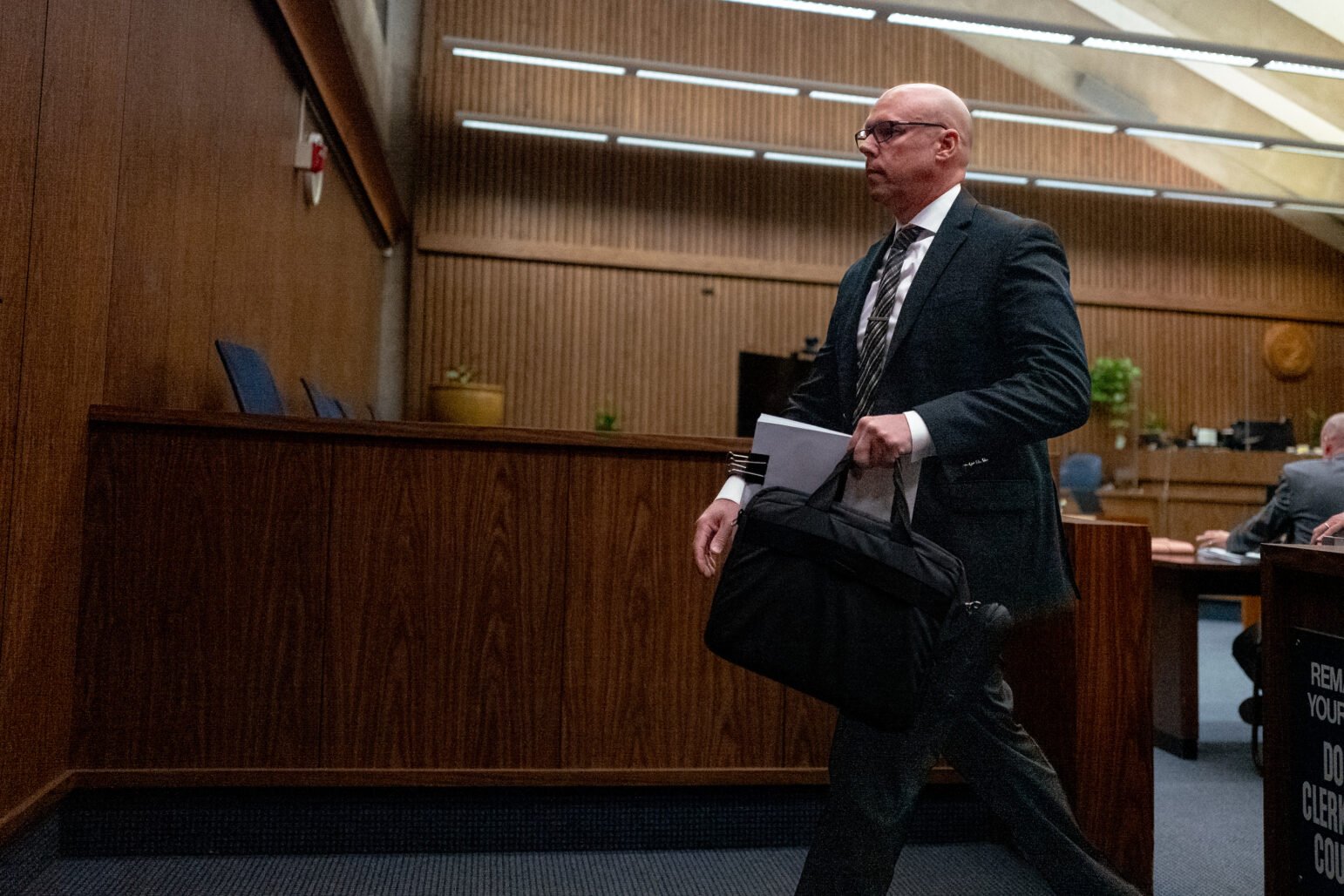
The city of Vallejo announced its third-party investigation into badge bending in 2020, three days after Open Vallejo revealed the practice. The city hired former Sonoma County Sheriff Rob Giordano to conduct the investigation at a cost of more than $100,000. Giordano produced a 167-page report after reviewing police shootings going back 17 years.
Giordano concluded that badge bending had occurred and was related to incidents where an officer fired their weapon, according to the California Court of Appeal. While he did not find badge bending celebratory, he found the practice troubling and acknowledged that it posed a problem for the department, according to the justices.
Giordano found that no officer had violated the department’s use of force policy, though six of 14 officers committed conduct “unbecoming an officer” and unauthorized damage to department property, according to the court. No Vallejo officer was disciplined in connection with the investigation, the justices noted.
After the city contracted with Giordano, two attorneys familiar with his work raised concerns regarding his credibility with the Vallejo Times-Herald. Civil rights attorney Izaak Schwaiger opined at the time that, “The department will pay for a propaganda piece rather than an investigation.”
Solano County Judge Daniel Healy, who reviewed Giordano’s findings in connection with a criminal case in 2022, also criticized the quality of the investigation, according to court records.
“I don’t find his investigation designed to serve the needs of the community,” Healy said during the hearing. “It feels to me like he was seeking to thread some needle to satisfy various entities in a way that minimized blowback, certainly not designed to bring light.”
Giordano did not respond to a request for comment.
‘Good officers’ and ‘bad actors’
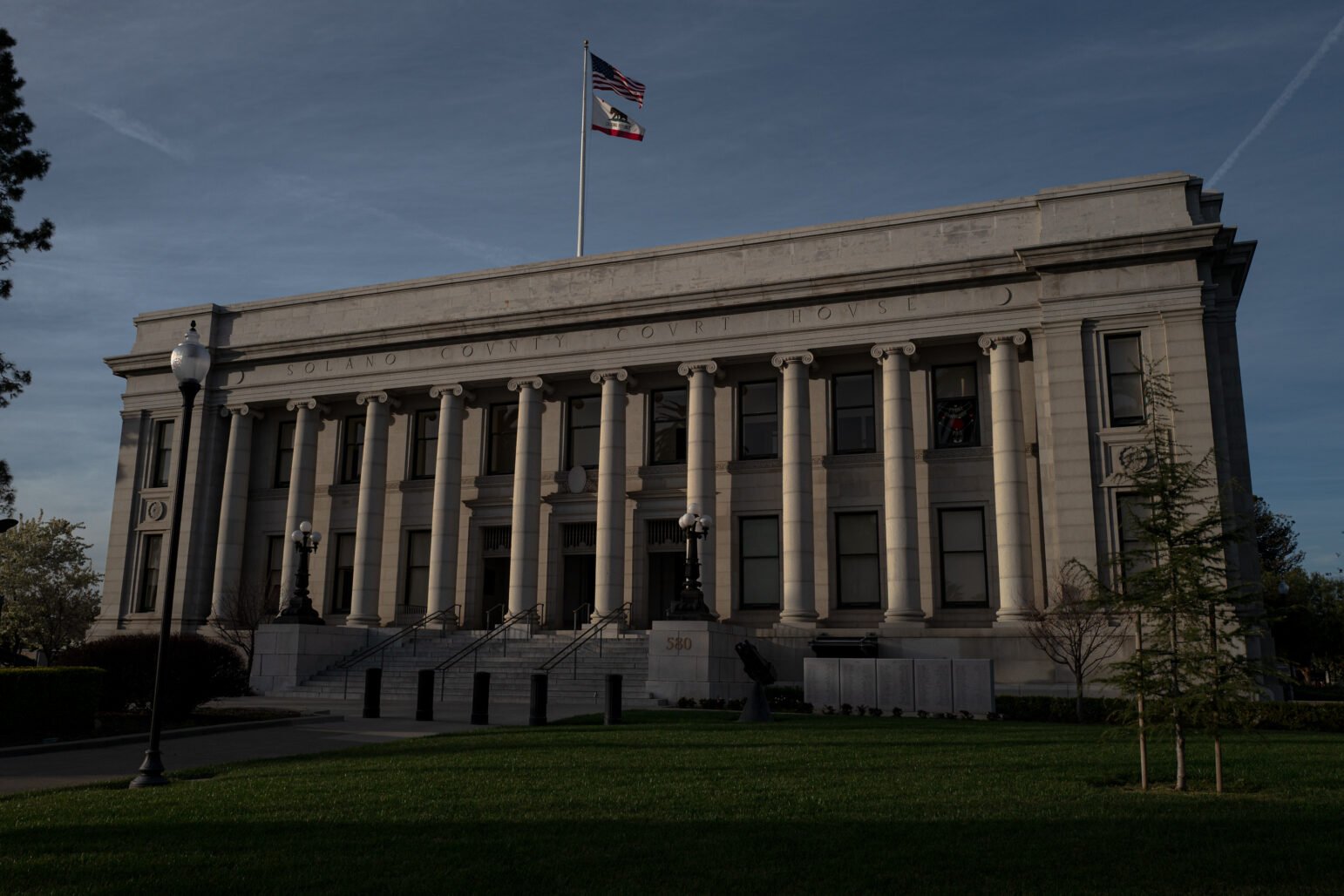
Senate Bill 1421 requires that agencies disclose records related to police shootings, uses of force resulting in death or great bodily injury, and sustained findings of several types of officer misconduct. The law lists a wide swath of records that must be disclosed, including investigative reports, photographs, audio and video evidence, transcripts and recordings of interviews, autopsy reports and materials presented to district attorneys.
The city of Vallejo argued that Senate Bill 1421 did not apply to Giordano’s report because the investigation was not incident-specific and because Giordano was not tasked with examining whether officers violated department policy during a shooting incident. The court rejected that argument, holding that the California Legislature intended for the law to be read with “the broadest possible meaning and to encompass the records sought in this case.”
Quoting the law’s legislative history, the court noted that, “Giving the public, journalists, and elected officials access to information about actions by law enforcement will promote better policies and procedures that protect everyone,” ensuring that “good officers and the public have the information they need to address and prevent abuse and to weed out the bad actors.”
The city also argued that releasing the names of individual police officers could put them at risk for retaliation by members of the public. But the city provided no evidence of specific threats to officer safety. Generalized concerns are not a sufficient reason to withhold officer names under the California Public Records Act, the court noted.
The justices wrote that there may be a reduced public interest in disclosing information about officers whose conduct was on the “periphery” of badge bending. On remand, the appellate court instructed Judge Gizzi, the city, and the ACLU to conduct an “exacting examination” to determine whether any officer names should be redacted.
At the closed hearing last October, Gizzi told attorneys for the ACLU that he was unwilling to name any Vallejo officers involved in badge bending.
“I’m just not going to put them out there, particularly given the state of mind right now in our society,” Gizzi said, according to the Court of Appeal. “It doesn’t matter. It’s important people know this happened.”
“There were bad guys who did things potentially,” Gizzi continued. “You want to get mad … at the City if you think they didn’t deal with it appropriately. You’ve got all the pieces.”

